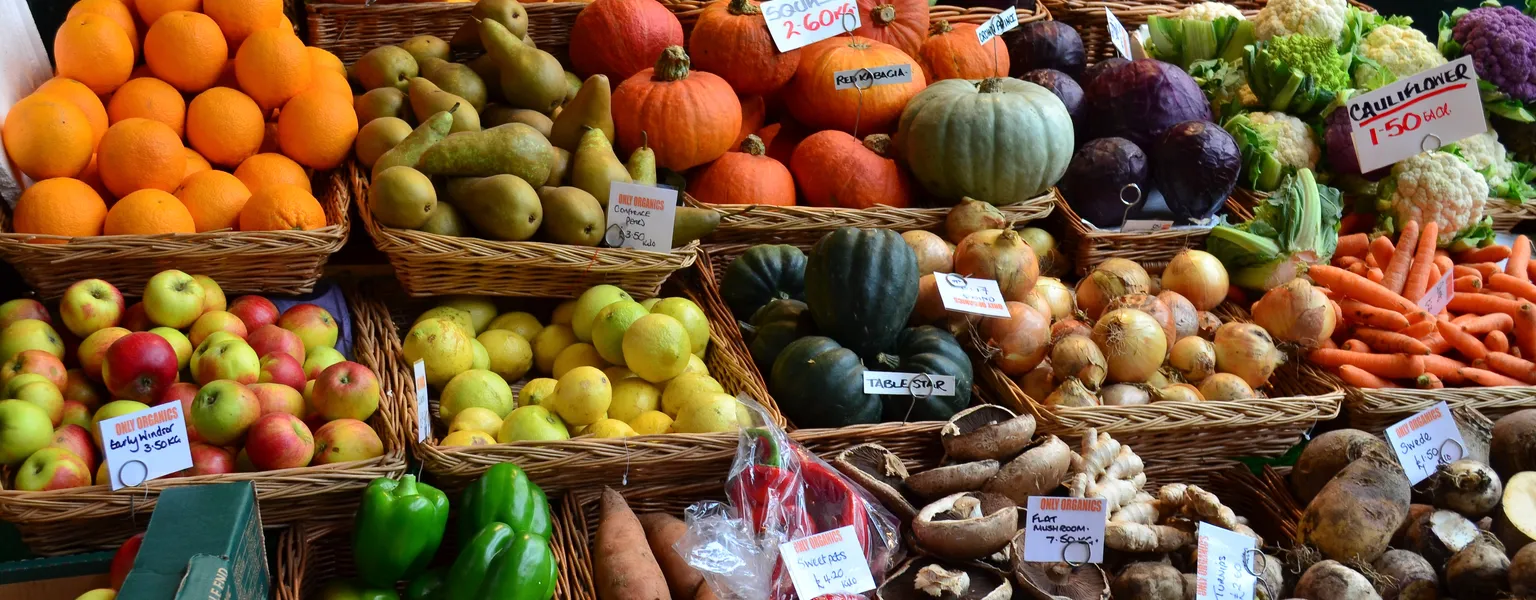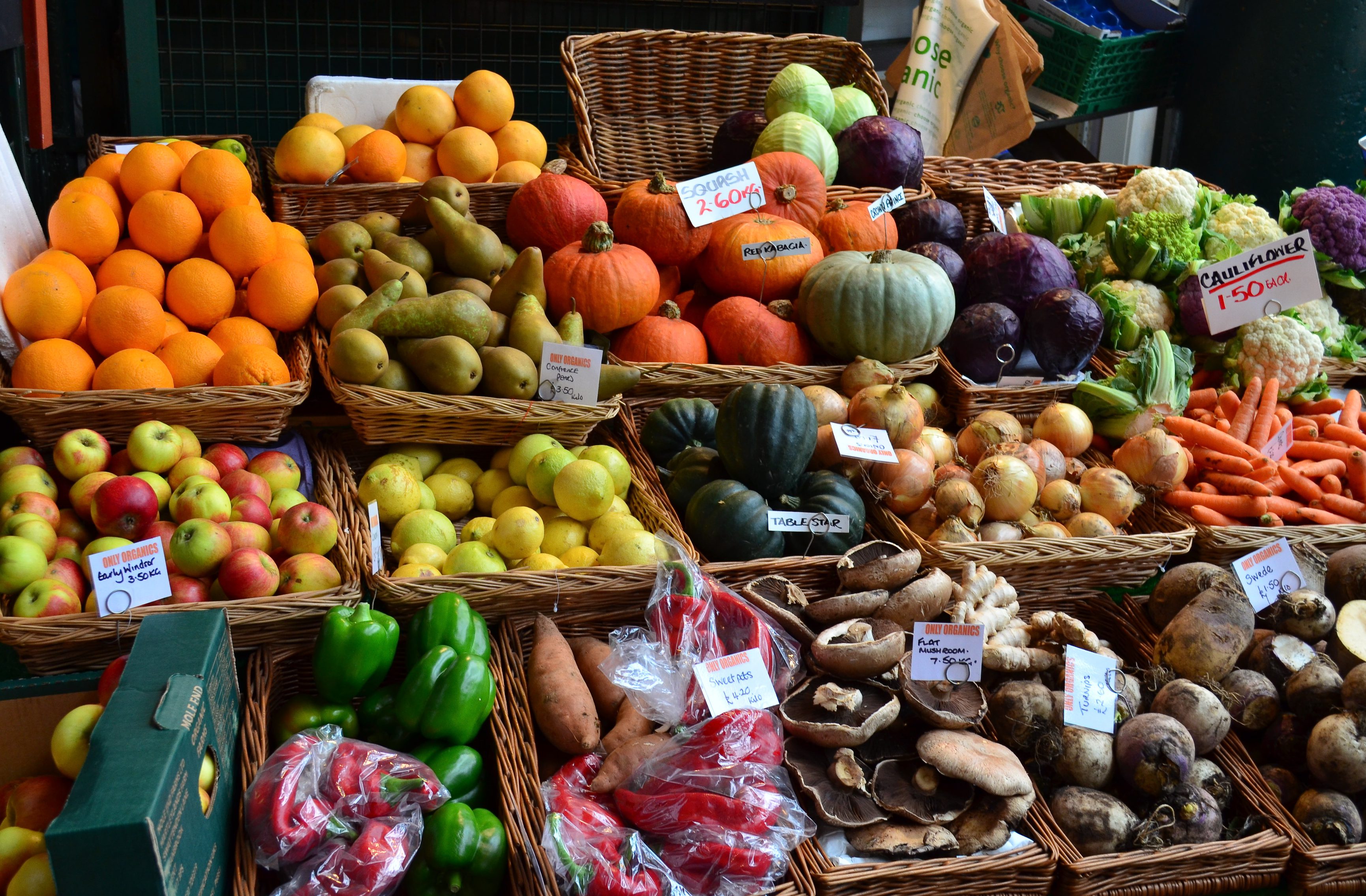WRAP charts bold course for retailers to sell fresh fruit and veg loose

Sustainability
By the end of 2025, the Waste and Resources Action Programme (WRAP) aims to double the current figure of 15% and increase the sale of uncut fresh fruit and vegetables sold loose to 30%, and further target 50% by the end of 2030.
To tackle household food waste and single-use plastic packaging, WRAP, a non-profit organisation, has released a report titled "Pathway To Selling More Uncut Fresh Fruit And Vegetables Loose".
WRAP suggests that retailers follow key principles as they work towards selling more loose fresh produce.

While the ultimate goal is to sell only loose produce, investigations and process changes should continue, and progress should be reviewed and expedited whenever possible.
Catherine David, Director of Collaboration and Change, WRAP: "No good food should go in the bin. We're very excited to be working with the UK's leading retailers to reduce the amount of food wasted in people's homes, and eliminate unnecessary single use plastics, by selling more fruit and veg loose. It's time to liberate fruit and veg from plastic packaging! People throw away £3.8bn worth of edible fruit and veg each year – this is a cost neither we nor our planet can afford. The evidence is clear – now it's time to action. We look forward to consigning apples in plastic bags to the history books. And the Pathway we are publishing today shows how we will work with the retailers to help this happen."
While the ultimate goal is to sell only loose produce, investigations and process changes should continue, and progress should be reviewed and expedited whenever possible.
Paula Chin, Senior Policy Adviser on Consumption at WWF: "Eliminating unnecessary packaging from our food - for example by selling whole fruit and veg loose, where it doesn't increase food waste - is a key step to drive down the environmental impacts of our food system, but progress to date has been too slow. While the food retail sector has managed to increase the use of recycled content in packaging and improve the recyclability of packaging overall in recent years, we now need to see rapid action to bring down the overall quantity of packaging used, underpinned by an overarching resource efficiency target; we welcome WRAP's Pathway to help the sector tackle this."
This article was originally published by WRAP.
Related News
-
Technology
Hellmann's tests new smart jar to tackle food waste
-
Sustainability
Sirane paper-recyclable absorbent pad for fruits approved for recycling
-
Sustainability
Australian retailers publish roadmap to improve soft plastic recycling
-
Sustainability
Walkers trials new sustainable paper-based packaging for Baked crisps




